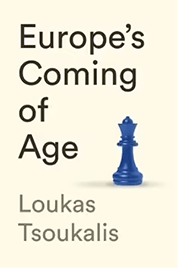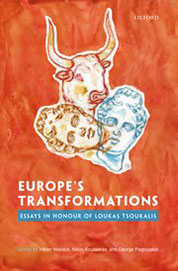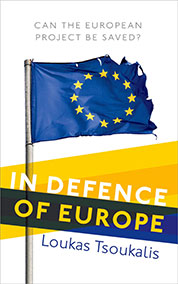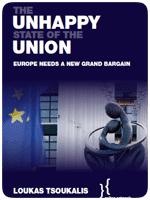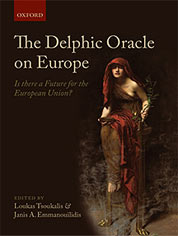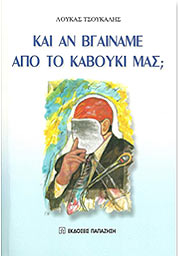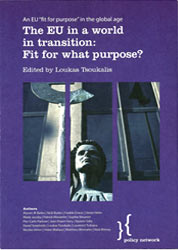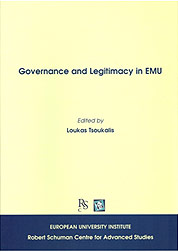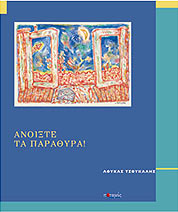(Oxford University Press, 2003); updated and expanded paperback edition, 2005. Also Greek, Spanish and Romanian editions.
As the European Union moves towards enlargement, What Kind of Europe? pinpoints the crucial issues which will shape its future as a regional, economic, and political entity. Loukas Tsoukalis is one of the world’s leading scholars on European integration; in this book he writes for any reader interested in the key democratic choices facing Europe’s citizens.”It restored my belief that it is possible to be pro-European and analytical, indeed critical”.
–Ralf Dahrendorf”This is not just one more book on the theory of European integration, nor a specialized study of the intricacies of E.U. governance and policymaking. It is, quite simply, the most readable, comprehensive and balanced account yet of an extraordinary experiment in interstate cooperation.”
–Foreign Affairs”Loukas Tsoukalis… is an EU insider par excellence. He has managed to write a book about the European Union which takes on big questions and writes about them in clear and lively language…. all sides in the argument about the future of the European Union would profit from reading his book, which manages to summarise old arguments in a succinct and accessible way, while also introducing stimulating new ideas to the debate.”
–The Economist
“This is surely the best book on the state of the European Union at its present stage of development… Unusually for a book of such academic quality, it caters also for the general reader…”
–Journal of Common Market Studies
“Extremely well-written, this book touches lightly and deftly on many of the internal and external pressure building as the EU proceeds along its path to an unknown destination. Thus, it is a book to be recommended to the general reader who does not wish to become enmeshed in the exquisite minutiae of EU history and policy. An excellent overview of the main economic policies of the EU–not in great detail, but sketching their origins and major evolutions. They contain a highly readable account of the EU’s historical development that will be very informative for general readers. The exposition is complemented by a wealth of statistical data, intelligently presented, which lays out the broad economic trends of the past fifty years.”
–Political Science Quarterly
